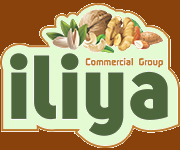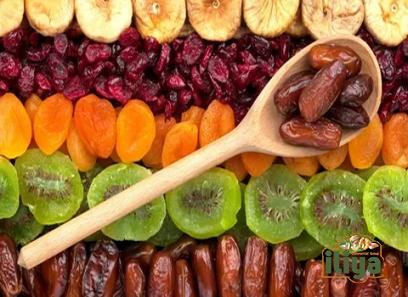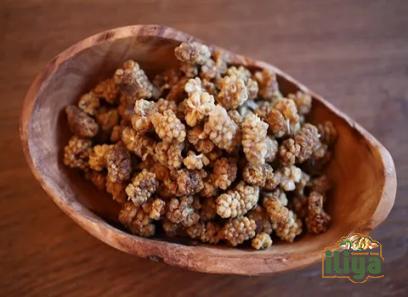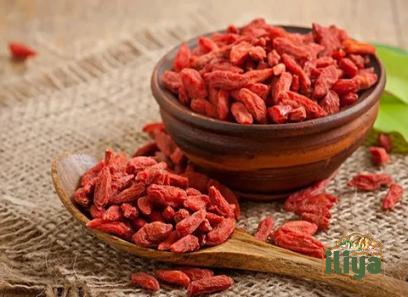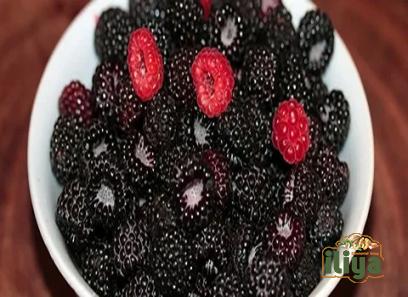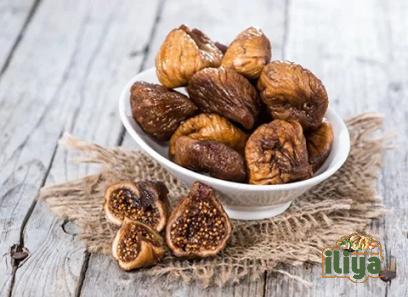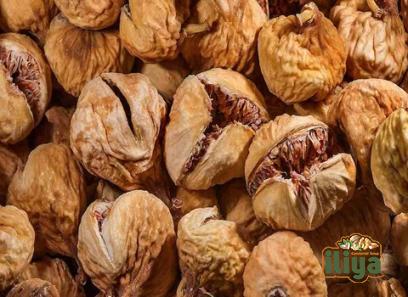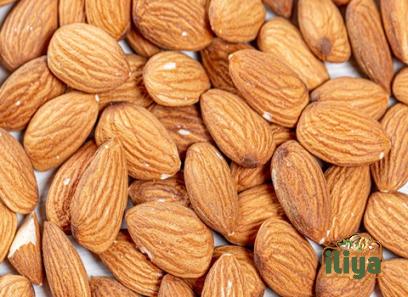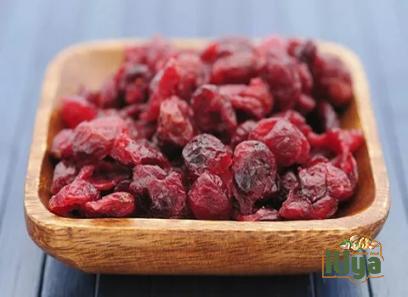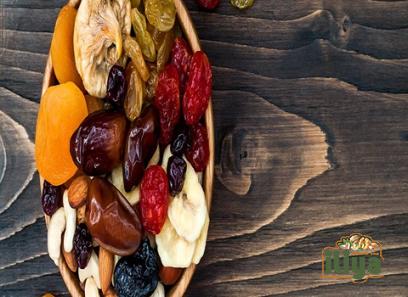In the global market of cashew nuts, there is one country that stands out as the clear leader in export volume: Vietnam. Blessed with favorable geographical conditions and a robust agricultural sector, Vietnam has solidified its position as the largest exporter of cashew nuts worldwide. This article delves into the reasons behind Vietnam’s success, exploring various aspects of the cashew nut industry, including production processes, trade dynamics, key challenges, and future prospects.
1. Geographical Advantage:
Situated in Southeast Asia, Vietnam enjoys favorable weather conditions and fertile soil that are ideal for cashew nut cultivation. The country’s long coastline ensures access to ample sunlight and adequate rainfall, creating a conducive environment for cashew trees to thrive. This geographical advantage significantly contributes to Vietnam’s ability to produce large quantities of cashew nuts for export.
2. Robust Production Processes:
Vietnam has established a well-structured and efficient cashew nut production system, encompassing several key stages, including cultivation, processing, and packaging. Cashew trees are predominantly grown in the southern part of the country, particularly in the major cashew-producing provinces of Binh Phuoc, Dong Nai, and Ba Ria Vung Tau. The cultivation process involves nurturing the trees, incorporating modern techniques to maximize yields and ensuring high-quality nut production.
Once the cashew nuts reach maturity, they are harvested and sent for processing. Vietnam possesses a developed network of cashew nut processing units equipped with advanced machinery and technology. The processing stage involves shelling, drying, peeling, grading, and sorting the cashew nuts. These sophisticated processes ensure that only premium quality nuts are packed for export, enhancing Vietnam’s reputation as a reliable supplier.
3. Capacity and Export Figures:
With its well-established production infrastructure, Vietnam boasts an impressive capacity for cashew nut processing. The country processes millions of tons of raw cashew nuts annually, transforming them into export-ready products. As a result, Vietnam caters to both domestic demand and international markets, supplying cashew nuts to more than 90 countries across the globe.
In terms of export figures, Vietnam dominates the global cashew nut market. According to the International Nut and Dried Fruit Council (INC), Vietnam accounted for approximately 50% of global cashew nut exports in 2020, exporting over 450,000 metric tons of cashew kernels, worth around $3.6 billion. This significant volume highlights Vietnam’s pivotal role in meeting global cashew nut demand.

4. Trade Dynamics and Market Share:
Vietnam’s dominance in the cashew nut export market is further supported by its significant market share across various regions. The nation’s cashew nuts are well-received in both traditional markets, such as the United States, the European Union, and China, as well as emerging markets in Asia and Africa. Vietnam’s ability to cater to a diversified customer base has solidified its position as a preferred supplier.
In terms of competition, other major cashew-producing countries, including India, Ivory Coast, and Nigeria, strive to secure their respective positions in the export market. However, Vietnam’s competitive advantage lies in its consistent production volume, high-quality products, and extensive processing capabilities, which allows the country to maintain its market leadership.
5. Key Challenges and Industry Outlook:
While Vietnam has showcased remarkable success as the largest exporter of cashew nuts, the industry does face certain challenges. Some notable hurdles include increasing production costs due to rising wages, fluctuating raw material prices, competition from alternative nut varieties, and issues related to sustainability and climate change.
To overcome these challenges and sustain growth, the Vietnamese government, in collaboration with industry stakeholders, is actively working on initiatives to enhance productivity, promote sustainable farming practices, conduct research and development activities, and diversify cashew product offerings. Furthermore, Vietnam is exploring opportunities to expand its cashew nut export markets and improve value addition through advanced processing techniques.
Conclusion:
Vietnam’s position as the world’s largest exporter of cashew nuts is a testament to its robust agricultural sector, favorable geographical conditions, and efficient production processes. With its impressive export figures, Vietnam has firmly established itself as a reliable supplier of high-quality cashew nuts to numerous countries worldwide. However, the industry must address ongoing challenges and adapt to changing market dynamics to ensure sustainable growth in the future.Title: Unveiling the World’s Largest Exporter of Cashew Nuts: A Comprehensive Overview
1. The Economic Impact on Vietnam:
Vietnam’s dominance in the cashew nut export market has had a significant impact on its economy. The cashew nut industry plays a pivotal role in job creation and poverty reduction, particularly in rural areas where cashew cultivation is prevalent. The industry provides employment opportunities for thousands of farmers, processors, and workers involved in ancillary services. Additionally, the revenue generated from cashew nut exports contributes to the country’s GDP growth and foreign exchange earnings.
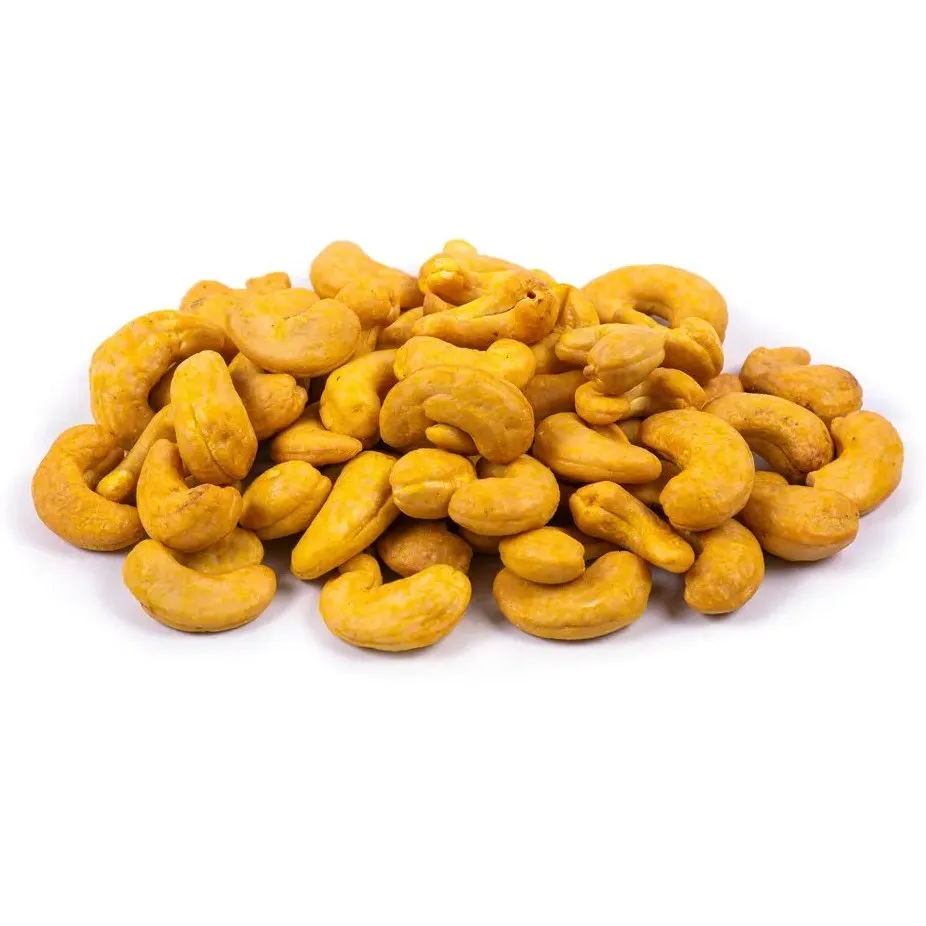
2. Global Demand and Trends:
The increasing global demand for cashew nuts has been a driving force behind Vietnam’s export success. Cashew nuts are a popular snack and ingredient in various cuisines, known for their nutritional value and versatility. Moreover, cashews are favored by health-conscious consumers due to their lower fat content compared to other nuts.
In recent years, the demand for organic and sustainably sourced cashew nuts has witnessed steady growth. As a response, Vietnamese cashew producers have been implementing sustainable practices and obtaining organic certifications to cater to this niche market segment. Capitalizing on these global trends positions Vietnam as a key player in meeting evolving consumer preferences.
3. Government Support and Industry Associations:
The Vietnamese government recognizes the vital role of the cashew nut industry and has implemented policies and initiatives to support its growth. Various incentives, subsidies, and research programs are in place to promote cashew cultivation, improve processing techniques, and enhance quality control measures. Additionally, industry associations, such as the Vietnam Cashew Association (VINACAS), play a crucial role in coordinating efforts, facilitating trade, and representing the interests of cashew stakeholders nationally and internationally.
4. Value Addition and Premium Products:
While Vietnam remains primarily focused on exporting cashew kernels, efforts are underway to add value to the cashew nut supply chain. Value-added products, such as roasted and flavored cashew nuts, have gained popularity in domestic and international markets. Vietnam is also exploring opportunities to develop by-products from cashew shells, such as biofuels and cashew shell oil for industrial applications. These initiatives aim to maximize the value derived from cashew nuts and unlock potential revenue streams.
5. Processing Efficiency and Modern Technologies:
Vietnam’s cashew processing industry is marked by its efficiency and adoption of modern technologies. Advanced machinery and automated systems are utilized to streamline production processes, ensuring high productivity and quality standards. The use of equipment allows for economies of scale, enabling Vietnamese processors to handle large volumes of cashew nuts efficiently. Moreover, ongoing research and development efforts in processing technologies contribute to improved yields and reduced wastage.
6. Supply Chain Management:
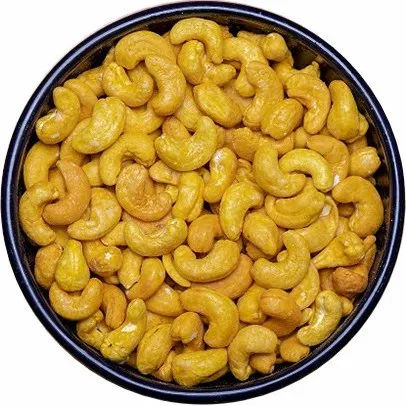
Efficient supply chain management is pivotal to Vietnam’s success as the largest exporter of cashew nuts. The industry has invested in establishing transparent and reliable supply networks that connect cashew farmers, processors, exporters, and buyers. Emphasis is placed on quality control throughout the supply chain, from cultivation to packaging and transportation. By maintaining strict quality standards, timely delivery, and competitive pricing, Vietnam has built a reputation as a trusted supplier in the global market.
7. Quality Assurance and Food Safety Standards:
Ensuring quality and food safety remains a top priority in Vietnam’s cashew nut industry. The government, in collaboration with industry players, has implemented stringent regulations and standards to maintain the highest levels of quality control. Cashew processors adhere to internationally recognized certifications, such as Hazard Analysis and Critical Control Points (HACCP), to minimize risks and guarantee the safety and integrity of the products. These measures instill confidence in buyers and contribute to Vietnam’s position as a reliable exporter.
8. Sustainability and Responsible Farming Practices:
Recognizing the importance of sustainability, Vietnam’s cashew nut industry is actively promoting responsible farming practices. The industry focuses on reducing environmental impact, conserving water resources, and minimizing the use of pesticides and chemical fertilizers. Additionally, initiatives are underway to support farmers in adopting sustainable cultivation techniques, such as intercropping and organic farming, further enhancing the environmental sustainability of cashew production.
9. Emerging Challenges and Countermeasures:
Despite its success, Vietnam’s cashew nut industry faces a range of challenges. Increasing production costs, driven by rising labor wages and input prices, are putting pressure on profit margins. To address this, industry stakeholders are implementing cost-saving measures, exploring innovative technologies, and optimizing supply chain efficiency.
Climate change, including erratic weather patterns and pests, poses another challenge to cashew production. To mitigate these risks, research and development efforts are focused on developing resilient cashew tree varieties and sustainable farming practices that can adapt to changing climate conditions.
10. Future Outlook and Diversification:
Looking ahead, Vietnam’s cashew nut industry is poised for continued growth. The rising global demand for healthy snacks, coupled with the versatility and nutritional benefits of cashew nuts, presents ample opportunities for market expansion. Vietnam aims to diversify its cashew product offerings, introduce innovative processing techniques, and explore new export markets to capture a larger share of the global market.
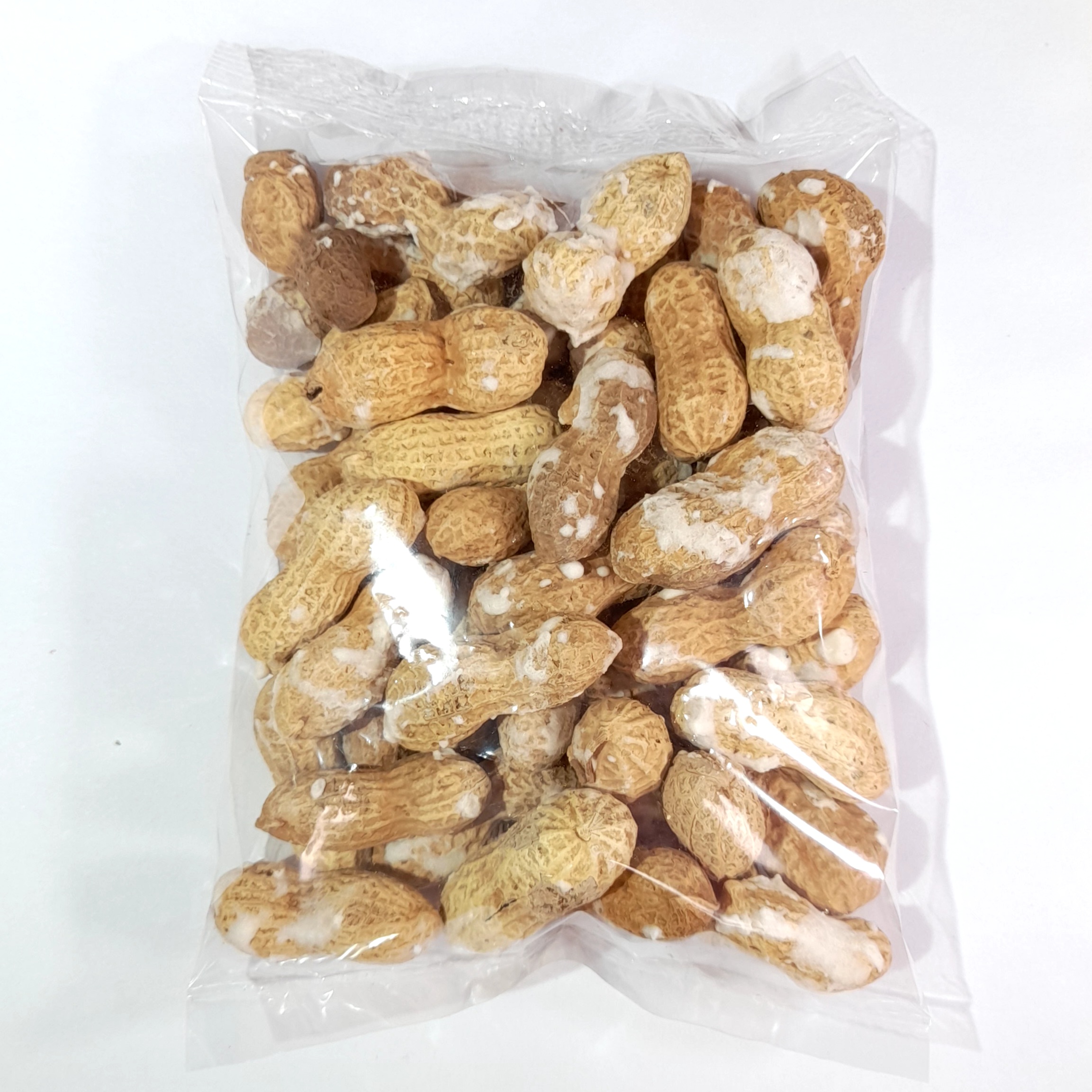
Conclusion:
Vietnam’s status as the largest exporter of cashew nuts can be attributed to its favorable geographical conditions, robust production processes, efficient supply chain management, and commitment to quality and sustainability. The industry’s ongoing efforts to increase value addition, adapt to changing market trends, and address challenges ensure that Vietnam remains at the forefront of the global cashew nut trade. Moving forward, diversification, innovation, and sustainability will be key pillars in shaping the future of Vietnam’s cashew nut industry.
